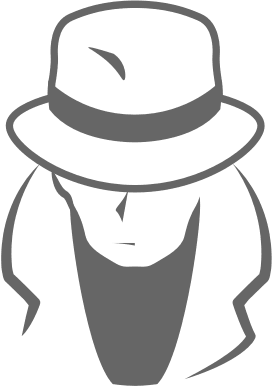A New Way of Learning
How I learned the stuff you can't find in a textbook
Waterstreet coffee bar by Start Up Photos is licensed under Creative Commons Zero
I started off as an intern at Collective Idea in 2015, and this year my internship turned into a full-time position. There were some clear-cut changes in this transition such as going into work every day instead of between college classes. Looking back though, I now see some changes were not quite as clear. Retrospection uncovered changes in my abilities and responsibilities that I do not remember happening.
My first-hand experience
We do quite a bit a code review here at Collective Idea, and that’s something that was new to me coming in (Unless you count professors grading computer science homework. I don’t.). Having other people review my work was straightforward enough. Yet, when asked as an intern to review someone else’s code, I was thrown off guard. As far as I knew, there wasn’t a tutorial on code review. The person whose code I was reviewing was more experienced than me. I wondered how I could have the authority to correct it. That right there shows I didn’t totally grasp the point.
I don’t remember learning how to review code, but I soon found myself catching things and making suggestions. I could understand what they were doing, and be a second pair of eyes to their work. At some point my knowledge and confidence grew, and now code review is a normal part of my workday.
This is just one example of the many things I slowly caught onto. Being a pair programmer is another. I realized many things I started doing were not things you could learn from a book. So how did I learn them? And how can I help others learn them as well?
Fake it till you make it
In addition to becoming a good Googler (my dad is impressed with how fast I can find information), I also recommend learning to observe and mimic. What have I seen others do in a similar situation? How can I reflect that onto what I’m doing? I could use those observations to “fake” as if I knew what I was doing, when in reality I was learning from it.
Answering questions
I’ve often heard the advice “ask lots of questions”. I generally agree with this advice. But sometimes when starting something new, you just don’t know where to start with asking questions. In these cases, I found I learned more when the people I worked with would ask me questions. If I didn’t know the answer, I could use it as an opportunity to direct my research, or know what questions to ask.
Helping others
As the saying goes, “the best teacher is one step ahead of the student”, but I believe it can go the other way around as well. I’ve had the opportunity to work alongside with other interns who started here after me. By being there to answer questions for them, I was better able to solidify my knowledge. In addition, their questions would point out holes in my understanding that I didn’t know I had, allowing me to fill them up.
So what now?
There will always be ways to improve skills and learn more. The tips mentioned above helped me get started, and can also be used as undercover learning tools.
A common theme between all the tips is that this kind of learning can’t be done in isolation. It is important to work closely with other people to see how they do things. Also, try to be available to answer questions for other people. Remember, you can be an asset to other people’s learning by being close enough for them to observe, and asking them questions. As much as I sometimes value being able to lock myself away to tackle an issue, it’s important to spend time hacking away around other as well.


Comments